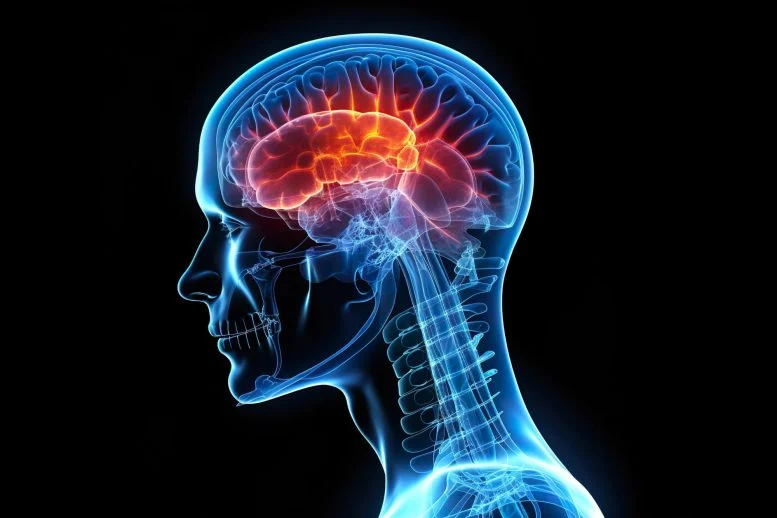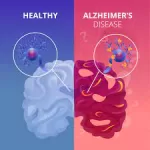January 16, 2025
In the fight against obesity, scientists have uncovered a surprising culprit: the hippocampus, a part of the brain responsible for learning and memory. According to a groundbreaking study published in Nature Metabolism, this brain region may hold the key to understanding food cravings and their impact on weight gain.
The research, conducted by scientists from the Monell Chemical Senses Center in Pennsylvania, highlights how neurons in the hippocampus encode memories of sugar and fat, shaping eating behavior and metabolic health. Dr. Guillaume de Lartigue, the study’s senior author, revealed that these food-specific memories can influence overeating and diet-induced obesity.
“In today’s world, we are constantly bombarded with advertisements and environmental triggers designed to remind us of pleasurable food experiences,” said Dr. de Lartigue. “What’s surprising is that we’ve pinpointed a specific population of neurons in the hippocampus that not only forms these food-related memories but also drives our eating behavior. This connection could have significant implications for body weight and metabolic health.”
The study explains that these neurons encode the spatial memory of nutrient-rich foods, acting as a “memory trace” for sugar and fat. Researchers conducted experiments on mice and found that silencing these neurons disrupted their ability to recall sugar-related memories. This led to a reduction in sugar consumption and prevented weight gain, even when the mice were exposed to high-calorie diets.
“Memory systems in the hippocampus evolved to help animals locate and remember food sources critical for survival,” said first author Mingxin Yang, a doctoral student at the University of Pennsylvania. “In modern environments, where food is abundant and cues are everywhere, these memory circuits may drive overeating, contributing to obesity.”
The findings present new opportunities for tackling overeating and obesity by targeting the brain’s memory systems. The researchers propose developing therapies to disrupt hippocampal memory circuits that trigger the consumption of calorie-dense foods.
“These neurons are critical for linking sensory cues to food intake,” added Dr. de Lartigue. “Their ability to influence both memory and metabolism makes them promising targets for treating obesity in today’s food-rich world.”
As obesity rates continue to rise globally, this study offers a glimmer of hope. By understanding how the brain’s memory systems influence eating behaviors, researchers may pave the way for innovative treatments that tackle overeating at its root.











